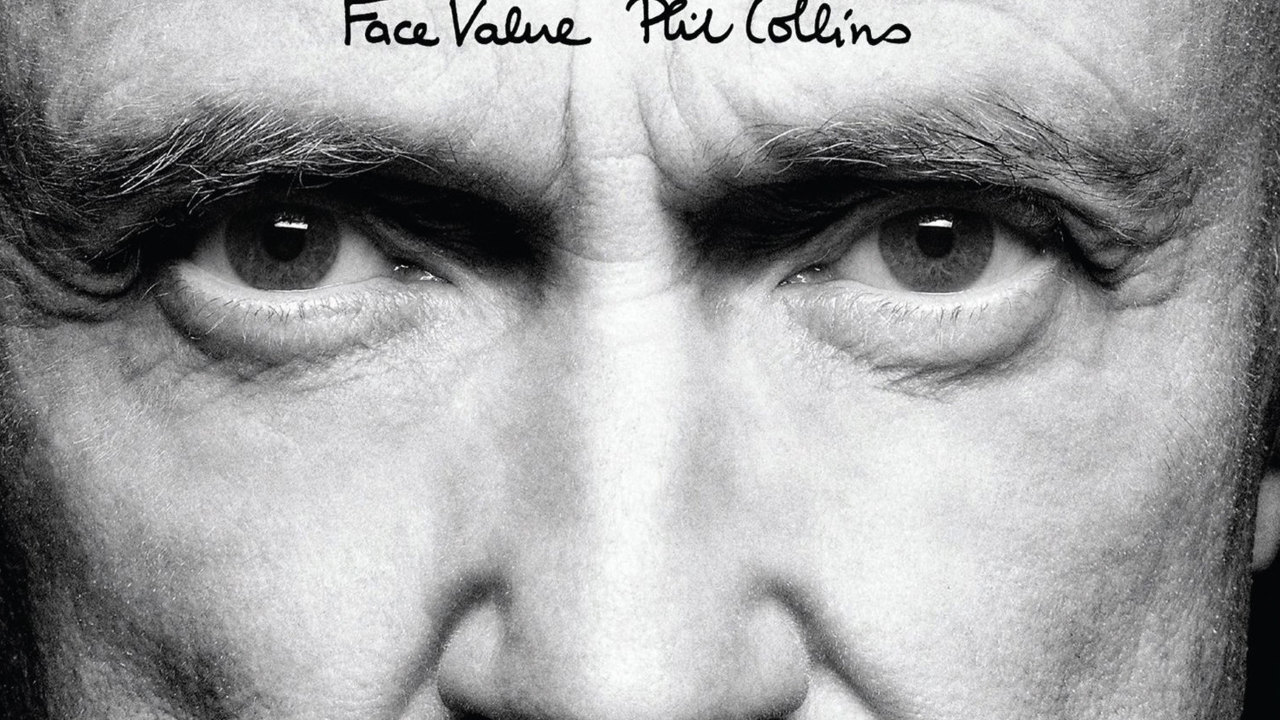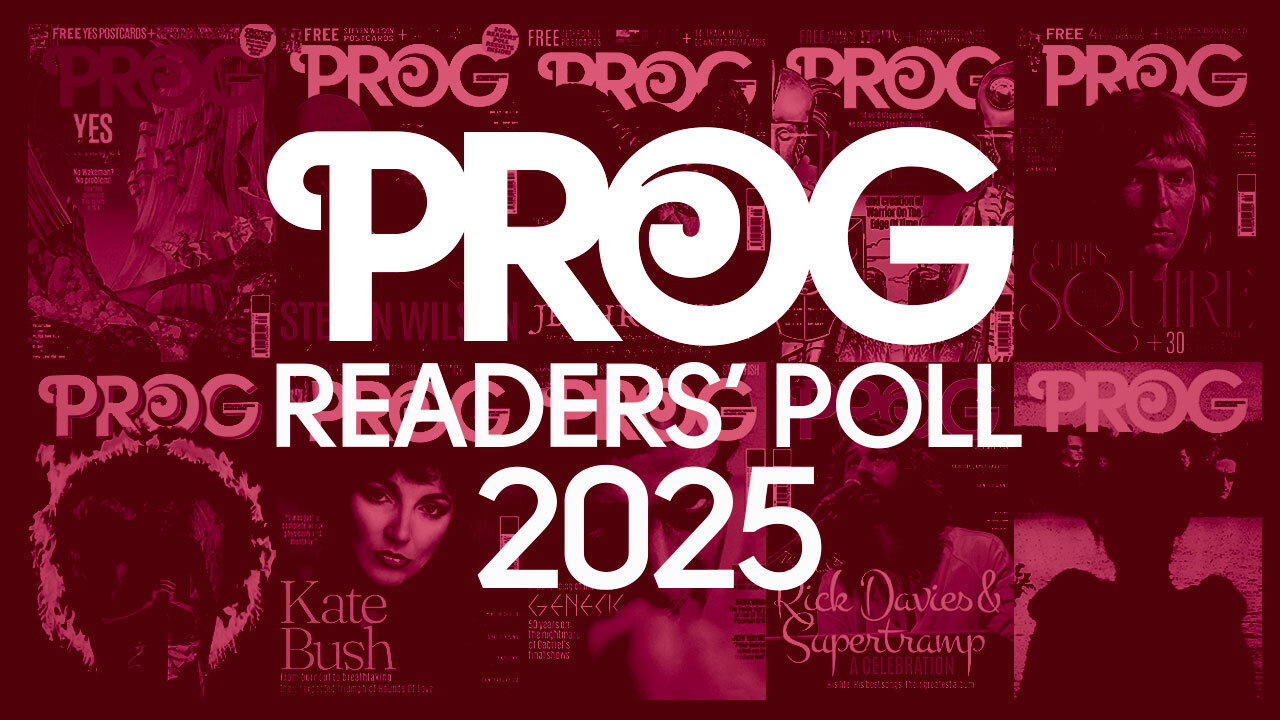You can trust Louder
The song that kickstarted Collins’ solo career on 1980’s Face Value is now so well-known it’s part of British rock’s furniture.
And credit where it’s due: In The Air Tonight ranks firmly alongside the cream of Genesis’s three-piece output. But even listening to this quartet of reissued albums in hindsight, Face Value is clearly a long, long way from Foxtrot. And while the non-linear time signatures of I Missed Again make it mildly unorthodox, it’s fundamentally an expertly-turned slice of modern soul pop, and even if you can detect distant echoes of Brand X’s jazz rock in the stuttering groove of Behind The Lines, this is easy-going fare all the way.
His follow-up, 1982’s Hello, I Must Be Going spawned eight singles, but inbetween the hits, Do You Know, Do You Care’s brooding, bass-swathed menace makes it one of a handful of tracks from these albums that could make a ‘Phil Collins for people who used to like Phil Collins’ compilation. Then it’s followed by You Can’t Hurry Love. Let’s move on, shall we?
Edgy it ain’t, but well-crafted, heartfelt and effective it is.
A decade on, by the release of 1993’s Both Sides, Collins was a victim of his own success, the familiarity of his middle-aged, middlebrow MOR having led to widespread contempt. Listening to the album now, it’s hard to understand how he could have provoked such ire with smooth late-night ballads like Can’t Turn Back The Years. Edgy it ain’t, but well-crafted, heartfelt and effective it most certainly is, even if the same lachrymose mood and plodding tempo starts to pall later on the same album.
By 1996’s Dance Into The Light, he’d left Genesis, and the mood was noticeably lighter. And while the hit title track is a horn-spattered pop tune, it’s strewn with gentle hints of latin percussion and brass. Lorenzo and Wear My Hat delve further into jaunty afrobeat, and while our hero fails to reinvent himself Paul Simon-style, it’s a creditable stab at broadening his sonic palette.
However, when it comes to the extras on this and the other three reissues, there’s little to detain us. They’re mostly polished and professional live cuts, apart from a few demo versions, which feature Collins simply going ‘a haw-he-haw’ for the as-yet-unwritten verse lyrics.
Sign up below to get the latest from Prog, plus exclusive special offers, direct to your inbox!
A long time from now, when Phil Collins does eventually follow Lemmy, Bowie, Chris Squire et al to that great rock retirement home in the sky, it will still be his Genesis work that we’ll remember most fondly. But you can bet your bottom dollar it’ll be that first solo track that dominates the airwaves.
Johnny is a regular contributor to Prog and Classic Rock magazines, both online and in print. Johnny is a highly experienced and versatile music writer whose tastes range from prog and hard rock to R’n’B, funk, folk and blues. He has written about music professionally for 30 years, surviving the Britpop wars at the NME in the 90s (under the hard-to-shake teenage nickname Johnny Cigarettes) before branching out to newspapers such as The Guardian and The Independent and magazines such as Uncut, Record Collector and, of course, Prog and Classic Rock.


